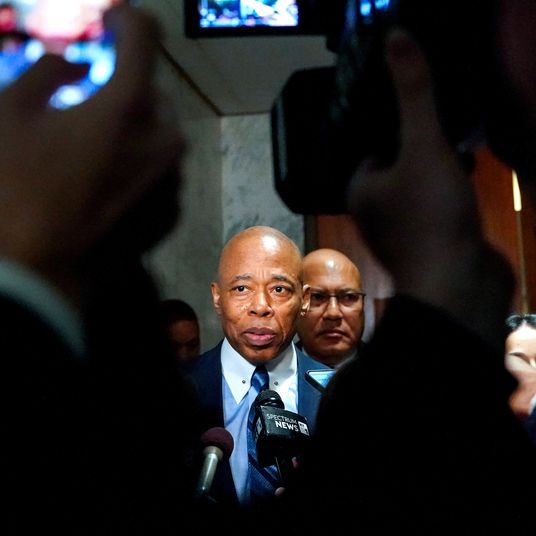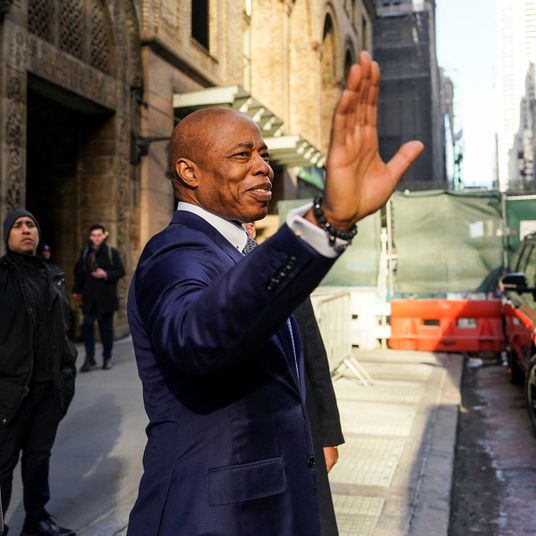
After Greece came perilously close to becoming the first country to exit the eurozone, European leaders announced on Monday morning that they have reached a deal to resolve the nation’s debt crisis. Eurozone leaders blew through what was supposed to be the final deadline last night, but at 9 a.m. local time, following 17 hours of negotiations, there was finally agreement — although it could take another month to finalize the deal.
European authorities are willing to spend as much as $96 billion over the next three years to keep Greece afloat and in the eurozone, and announced additional requirements to help the country pay down its €300 billion worth of existing debt — like selling off and privatizing state-run assets. German chancellor Angela Merkel said that debt forgiveness was “out of the question.”
If Greece fails to comply with any of the things agreed upon today, the banking system would probably combust, and the country could return to the drachma. The European Central Bank is considering today whether it should give Greece more emergency funds right now to help deal with impending deadlines for payments to the International Monetary Fund, and to help banks reopen. Greek banks have been closed since June 29 and are running out of money.
European parliaments still have to approve the deal, and even then it will only mark the beginning of talks on the details of a new bailout package. The Greek parliament has until Wednesday to pass a series of financial reforms, pension cuts, and tax hikes for the bailout negotiations to continue.
Getting the deal through Greece’s parliament may be difficult, as the deal is full of difficult austerity measures even more exacting than the ones rejected by voters in a referendum earlier this month. The political battle may force Greek prime minister Alexis Tsipras to form a new governing coalition or resign. Most expect that another election this year is unavoidable. Over the weekend, many on the left protested a new round of austerity measures and urged Tspiras to walk away from the talks, tweeting #ThisIsACoup. Yanis Varoufakis, who recently resigned as finance minister, told an Australian news outlet, “In the [1967] coup d’état the choice of weapon used in order to bring down democracy then was the tanks. Well, this time it was the banks.”
Reform Minister George Katrougalos told the BBC, “Either we are going to accept these draconian measures or it is the sudden death of our economy through the continuation of the closure of the banks.”
Tsipras told reporters on Monday, “We gave a tough battle for six months and fought until the end in order to achieve the best we could, a deal that would allow Greece to stand on its feet” and said that Greece “assumed the responsibility of averting the extremist ambitions of the most conservative circles in Europe.”
The prime minister is back in Greece and is meeting with officials to try to plan how to approach the impossible political task they are faced with this week.
Many Athens residents didn’t seem sure of how they were supposed to feel about the agreement, according to the New York Times — happy that help seemed to be on the way, or worried about the ongoing recession that could result from continued austerity.
Chancellor Merkel didn’t paint a rosy picture when asked what the deal means for the Greeks. “All and all, I think you can say the advantages outweigh the disadvantages,” she said, adding that if they follow the program, “I think there is a possibly to return to the growth path but it is going to take a long time and it is going to be an arduous road.” The U.S. has responded a tad more optimistically. Treasury Secretary Jack Lew said in a statement that the deal is “in the best interests of Greece, Europe and the global economy” and is “an important step forward.”





























